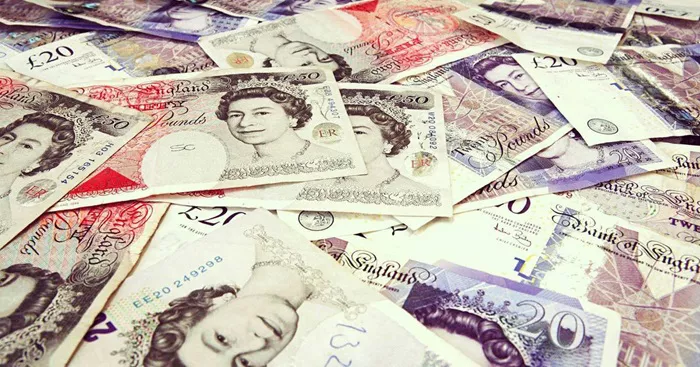Japanese investors are on track to make their largest purchase of foreign bonds in 17 years this month, driven by favorable overseas monetary policies and lower currency hedging costs. According to a preliminary report from the Ministry of Finance released on Thursday, fund managers in Japan have acquired foreign securities for a fourth consecutive week through August 23. If the current buying pace continues, net monthly purchases could reach ¥6.83 trillion ($47.3 billion) in August, marking the highest amount since the record ¥9.56 trillion in September 2007.
Global debt has risen nearly 3% this month, following a similar gain in July, as Federal Reserve Chair Jerome Powell indicated potential interest rate cuts. Concurrently, the costs associated with currency hedging for Japanese investors have decreased, owing to the narrowing gap in short-term interest rates between Japan and other economies.
“Foreign-exchange hedges, the movement in spot FX, and the yields available to bond investors are proving highly attractive,” said Martin Whetton, head of financial markets strategy at Westpac Banking Corp. “The recent stability in global yields, despite being at the lower end of the range, coupled with a stronger yen, provides Japanese investors with significant leverage for offshore investments.”
The yen has appreciated over 10% against the dollar since hitting a four-decade low in early July. This strengthening currency has enabled pension funds, banks, and individual investors to purchase foreign securities with less concern about currency risk, noted Tsuyoshi Ueno, a senior economist at NLI Research Institute in Tokyo.
Ueno added, “If the US economy continues on a path of gradual recovery, outward investment from Japan may persist, driven by expectations of rising stock and bond prices. This could also alleviate some of the upward pressure on the yen.”


